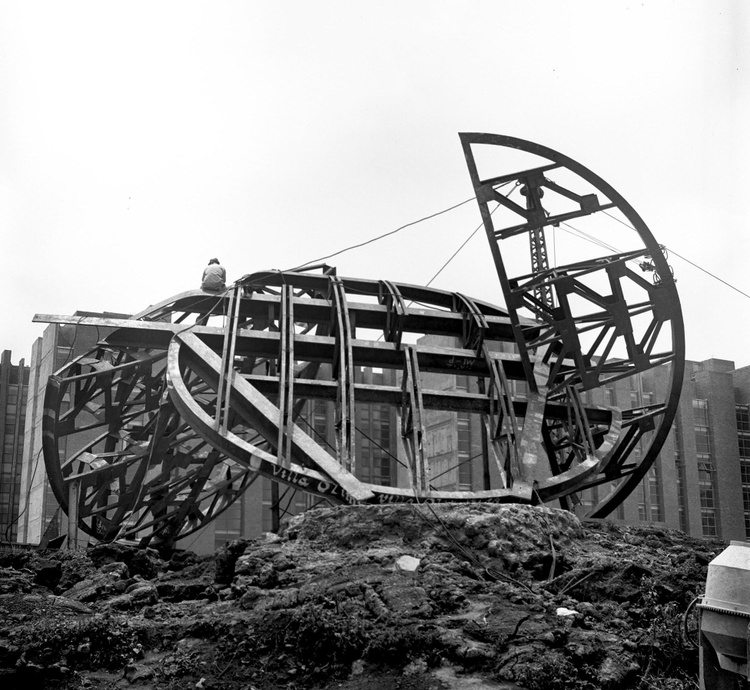A
AIA CES Credits
AV Office
321M Fayerweather Hall
Abstract Publication
415 Avery Hall
Academic Affairs
400 Avery Hall
Academic Calendar, Columbia University
Academic Calendar, GSAPP
Admissions Office
407 Avery Hall
1172 Amsterdam Avenue
New York, New York 10027
Advanced Standing Waiver Form
Must be printed and returned to 400 Avery Hall
Alumni Board
Alumni Office
405 Avery Hall
1172 Amsterdam Avenue
New York, New York 10027
Architecture Studio Lottery
Assistantships
Avery Library
300 Avery Hall
1172 Amsterdam Avenue
New York, NY 10027
Avery Review
Avery Shorts
B
Black Student Alliance at Columbia GSAPP
Building Science & Technology Waivers
Bulletin Archive
C
Career Services
300M Avery Hall
Columbia Books on Architecture and the City
Commencement
Communications Office
415 Avery Hall
Conversations podcast
Counseling and Psychological Services
Courses
Credentials Verification
Credit Transfer
Cross Registration
D
Dean’s Letter
Dean’s Office
402 Avery Hall
1172 Amsterdam Avenue
New York, NY 10027
Development Office
404 Avery Hall
Directory of Classes (All Columbia University)
Disability Services
Dodge Fitness Center
3030 Broadway Dodge
Dual Degree Program Requirements
E
End of Year Show
Events Office
415 Avery Hall
External Funding Sources
F
Faculty Directory
Feedback
Finance Office
406 Avery Hall
Fitch Colloquium
Future Anterior Journal
G
GSAPPX+
Grades
Graduation
Graphics Project
H
Honor System
Human Resources
Hybrid Pedagogy Resources
I
IT Helpdesk Ticket, GSAPP
IT Office, GSAPP
IT, Columbia University (CUIT)
Identity
International Students and Scholars Office (ISSO)
N
News and Press Releases
Newsletter Sign Up
Non-Discrimination Statement and Policy
O
Onera Prize for Historic Preservation
Online Admissions Application
GSAPP Admissions 407 Avery Hall
Output Shop
116 Avery Hall
1172 Amsterdam Avenue
New York, NY 10027
Ownership of Student Work Policy
P
Paris Prize, Buell Center
Paul S. Byard Memorial Lecture Series
Percival & Naomi Goodman Fellowship
Plagiarism Policy
Policies & Resources
Press Releases
Publications Office
415 Avery Hall
1172 Amsterdam Avenue
New York, New York 10027
R
Registration
Registration: Add / Drop Form
Room Reservations
S
STEM Designation
Satisfactory Academic Progress
Scholarships
Skill Trails
Student Affairs
400 Avery Hall
Student Awards
Student Conduct
Student Council (All Programs)
Student Financial Services
Student Health Services at Columbia
Student Organization Handbook
Student Organizations
Student Services Center
205 Kent Hall
Student Services Online (SSOL)
Student Work Online
Studio Culture Policy
Studio Procedures
Summer Workshops
Support GSAPP
Conceived and designed by architect Frida Escobedo (Mexico City), the exhibition No. 9 explores the history of La Ruta de la Amistad (“Route of Friendship”) in Mexico City, a monumental public sculpture project that was launched as part of the cultural program for the 1968 Olympics. Presenting archival research and a new sculptural installation, the exhibition probes the optimism and underlying contradictions of this ambitious convergence of artistic vision, urban development, and international diplomacy.
Sited along an eleven-mile stretch of Mexico City’s then burgeoning highway system, La Ruta de la Amistad comprised a network of nineteen monumental sculptures, or “stations,” by artists from seventeen countries. German-born Mexican artist Mathias Goeritz served as artistic advisor of the 1968 Olympic Organizing Committee and was director of La Ruta. His open-ended brief called for the sculptures to be abstract, made of concrete, and monumental in size, since they would be experienced from the perspective of a moving car. Upon completion, each was painted in bright colors. The multinational and modernist aesthetics of La Ruta’s sculptures amplified government efforts to present Mexico as a thriving, cosmopolitan nation on the global stage of the Olympics — the first games hosted by a Latin American country. Since then, many of the sculptures have been moved as part of a heritage initiative, and the “Route of Friendship” now only exists in the collective imagination.
Responding to the American context of the Ross Gallery exhibition, Escobedo mines the history of the ninth station of La Ruta by artist Todd Williams (b. 1939), who represented the United States in the international sculpture project. No. 9 presents archival construction photographs and documents, and uses these as a basis to reconstruct the underlying steel skeleton of Williams’ original sculpture. The new sculpture is further contextualized through items from the artist’s personal archive, including photographs, ephemera, and correspondence. Collectively, these items allow Escobedo to propose an alternative, more intimate interpretation of the official narrative of La Ruta, uncovering the hidden processes and exchanges that brought the project into being, while also raising timely and complex questions about the role of art and architecture in the construction of national and political identity, and international relations.
GSAPP CONVERSATIONS
Frida Escobedo speaks with GSAPP student Andrew Nolan on the occasion of her exhibition at the Arthur Ross Architecture Gallery. They discuss the tension between social and historical time, and how that can shape understandings of architecture. Escobedo also touches on her desire to reactivate forgotten spaces, such as in the Hotel Boca Chica, and how the process of making No. 9 echoed the creation of the original sculptures.
“Exhibitions and biennials have allowed us to understand architecture in a very different timeframe. When you think about architecture you think about years … But with these temporary installations you get to see architecture from a different perspective, it’s almost like compressing the life of architecture”.
—Frida Escobedo







